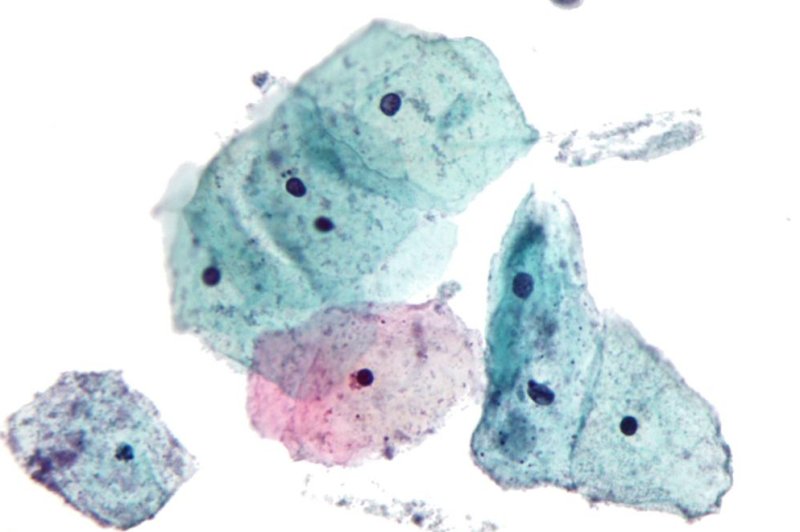A study found the most common curable sexually transmitted disease isn't as effectively treated with the recommended single dose of medication compared with multiple doses. Photo by
Nephron/Wikimedia Commons
Oct. 8 (UPI) -- The most common curable sexually transmitted disease isn't as effectively treated with the recommended single dose of medication compared with a more frequent regimen, according to a study.
Research led by an infectious disease epidemiologist at Tulane University School of Public Health and Tropical Medicine found the single dosage isn't enough to eliminate the parasite trichomoniasis. The findings were published Friday in the journal Lancet Infectious Diseases.
The recommended treatment has been a single dose of the antibiotics metronidazole or tinidazole for several decades.
"Trichomoniasis is a highly prevalent infection in women worldwide," Dr. Patricia Kissinger, a researcher at Tulane, told UPI. "The recommendation was based on data about 30 years old and it was never really reconsidered. Clinical trials were not as good in those days."
STD can cause serious birth complications and make people more susceptible to HIV.
"There about 3.7 million new cases of trichomoniasis each year in the United States," Kissinger said in a press release. "That means a lot of women have not been getting inadequate treatment for many decades."
Researchers recruited 623 women in New Orleans, Jackson, Miss., and Birmingham, Ala., from 2014 to 2017. Half took a single dose of metronidazole and the other half received treatment twice a day over seven days.
The researchers found women who received multiple doses were about half as likely to still have the infection after taking all the medication compared with women who only took a single dose. The continued T vaginalis positive rate was 11 percent among the multi-dose group and 19 percent among the single group after four weeks.
Kissinger said the women were checked one month after first receiving a dose because "you need to get the remnant DNA out of system or else it is not a valid test."
Side effects were similar by group -- mostly nausea followed by headache and vomiting.
"We need evidence-based interventions to improve health," Kissinger said in the release. "We can no longer do something because it's what we've always done. I hope that this study will help to change the recommendations so that women can get the proper treatment for this common curable STD."















